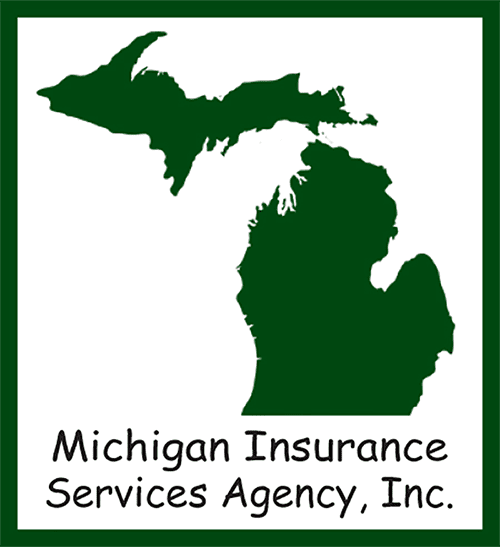
In today’s fast-paced world, side hustles have become a popular way to earn extra income, pursue passions, and diversify one’s skillset. Whether selling handmade crafts on Etsy, driving for a ride-sharing service, or offering freelance services online, side hustles provide an opportunity to supplement your primary income and achieve financial goals. However, amidst the excitement of embarking on a side hustle journey, it’s crucial not to overlook the insurance implications that come with it. In this blog post, we’ll delve into the world of side hustles and explore the importance of considering insurance coverage.
The Rise of Side Hustles
The digital age has revolutionized how we work, making starting and managing a side hustle easier than ever. With platforms like Airbnb, Uber, and Upwork, individuals can connect with potential customers or clients worldwide. The flexibility and potential for higher earnings have attracted people from various walks of life to embrace the side hustle culture. The possibilities are endless, from graphic design and content creation to dog walking and food delivery.
Insurance: A Necessary Consideration
While the allure of extra income and personal fulfillment may be enticing, it’s vital to recognize that engaging in a side hustle can impact your insurance needs. Many individuals overlook the fact that traditional insurance policies might not cover activities related to their side gigs. This oversight could lead to significant financial losses and legal complications in the event of an accident or unexpected event.
Let’s explore some common side hustle categories and the potential insurance implications associated with each:
1. Ride-Sharing and Delivery Services: If you’re driving for a ride-sharing or delivery service, your auto insurance may not cover accidents that occur while you work. It’s essential to consider obtaining commercial auto insurance or seeking coverage options offered by the platform you’re working with.
2. Home Rentals and Sharing: If renting out your property on platforms like Airbnb, you should review your homeowner’s insurance policy. Some insurers might consider short-term rentals a higher risk, potentially requiring additional coverage or a specialized policy.
3. Freelancing and Consulting: Freelancers and consultants should consider errors and omissions (E&O) insurance also known as professional liability insurance. This coverage can protect you in case a client claims that your work caused them financial losses.
4. Crafting and Artisan Goods: Individuals selling handmade crafts or goods should be aware of product liability concerns. If a product you create causes harm to a customer, you could face legal action. Product liability insurance can help mitigate this risk.
5. Personal Services: From dog walking to personal training, offering services to clients can expose you to various risks. General liability insurance can provide coverage if a client is injured or property is damaged due to your services.
Conclusion
Embarking on a side hustle can be rewarding, offering financial freedom and personal growth. However, it’s essential to approach this journey carefully, considering the insurance implications involved. Failing to secure appropriate coverage could lead to devastating financial consequences and legal disputes. Before you dive headfirst into your side gig, take the time to research and consult with insurance professionals to ensure you’re adequately protected. Remember, the success of your side hustle should not come at the expense of your financial security and peace of mind.
